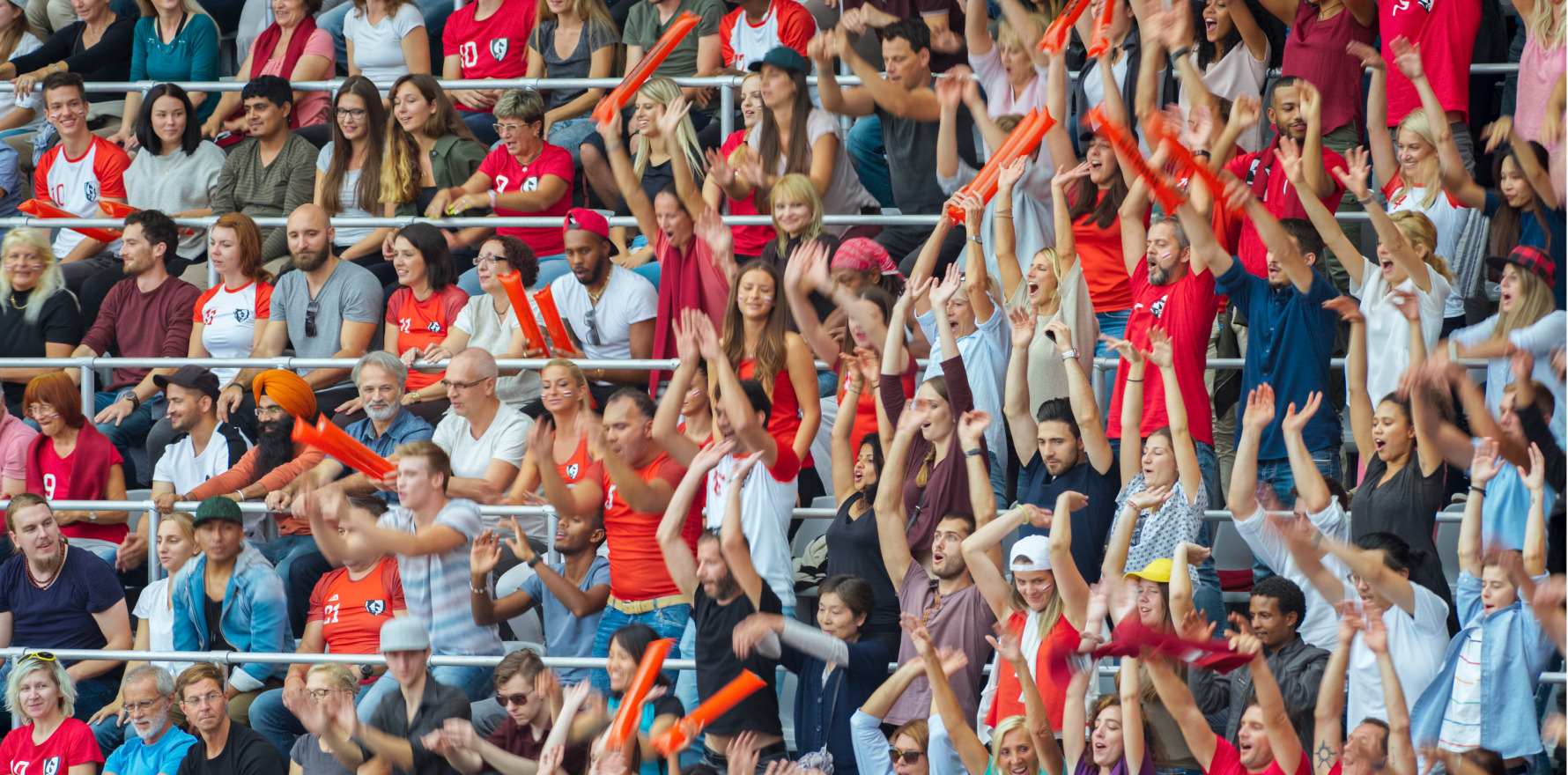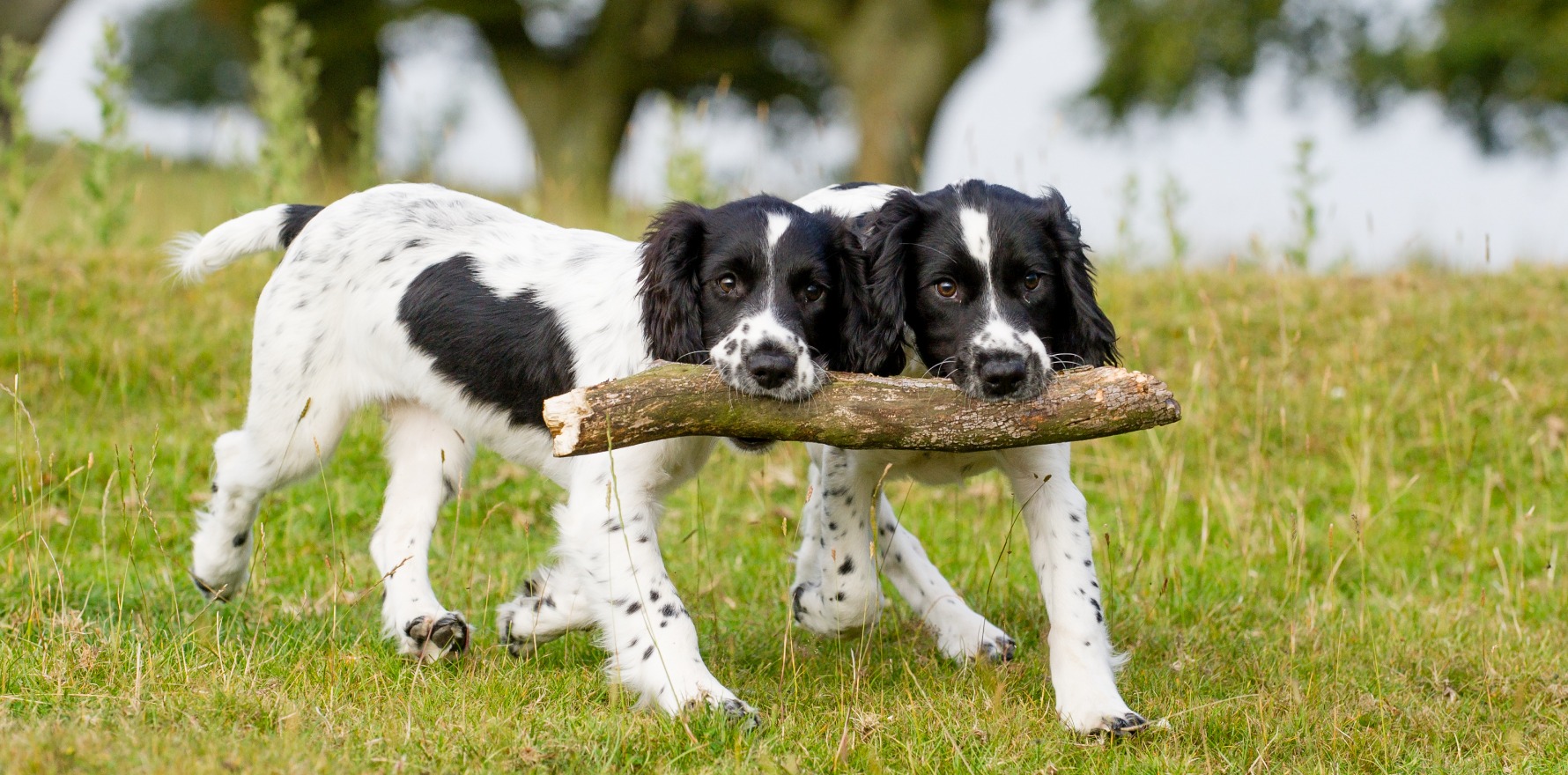Nirsevimab represents 'a wave of excitement' in protecting infants against respiratory syncytial virus.
Prophylactic nirsevimab helps prevent respiratory syncytial virus-related hospitalisations in infants aged less than 12 months, according to the largest study to date.
Nirsevimab is a long-lasting monoclonal antibody that neutralises RSV, rather than a vaccine. Under the brand name Beyfortus (Sanofi-Aventis), it’s currently TGA-approved for the prevention of RSV in neonates and infants entering their first RSV season.
The latest evidence supporting this listing has come from the HARMONIE study, an ongoing open-label phase IIIb trial conducted in France, Germany and the UK. The findings add to previous research that demonstrated safety and efficacy in this patient population, upon which regulatory approvals here and overseas were based.
“The HARMONIE trial showed that nirsevimab prevented hospitalisation for RSV-associated lower respiratory tract infection and very severe RSV-associated lower respiratory tract infection in a broad population of healthy preterm and term infants under conditions as similar as possible to real-world settings,” the authors wrote in the NEJM, adding that the safety profile was favourable.
“These findings suggest that nirsevimab has the potential to reduce the burden of hospitalisation for RSV-associated lower respiratory tract infection among infants.”
In the trial, sponsored by Sanofi and AstraZeneca, more than 8000 infants were randomised to receive a single intramuscular injection of nirsevimab or standard care (no intervention). Infants were aged 12 months or younger and had a gestational age of at least 29 weeks when born.
The primary endpoint was hospitalisation for confirmed RSV-associated lower respiratory tract infection and a secondary endpoint was very severe RSV, entailing hospitalisation and the use of supplemental oxygen. Parents and caregivers kept a record of other safety events.
A total of 11 infants in the nirsevimab group (0.3%) and 60 in the standard-care group (1.5%) were hospitalised for RSV-associated lower respiratory tract infection, corresponding to an efficacy of 83.2% for nirsevimab. There were no differences according to age at randomisation, gestational age, sex or timing of randomisation (before or during RSV season).
Five infants in the nirsevimab group and 19 in the control group experienced very severe RSV-associated lower respiratory tract infection, with a corresponding efficacy for nirsevimab of 75.7%.
Adverse events were similar in both groups, with the authors noting, “No substantial safety concerns were identified in this trial, nor have they been identified across the growing clinical experience with nirsevimab, which now includes more than 7500 infants”.
The team sought to mimic real-world conditions as much as possible, recruiting from maternity wards, community paediatrician offices and general practices. Nirsevimab was administered alongside routine vaccinations when appropriate, including during RSV season – previous trials delivered nirsevimab only before or at the beginning of RSV season.
Related
One of the limitations of the study was the short duration of the efficacy assessment and safety follow up, which was around three months for most infants. However, the authors pointed out that the trial was ongoing, with follow up planned for at least 12 months post-randomisation.
“For more than 50 years, our options to prevent RSV disease have been largely ineffective or, as with the previous and current RSV prophylaxis products, have been limited to selected high-risk populations,” wrote Dr Natasha Halasa, professor of paediatrics at Vanderbilt University Medical Center, Tennessee, in an accompanying editorial.
“The introduction of nirsevimab brings a wave of excitement because it offers a more practical, single-dose alternative to previous interventions and extends protection to all infants.
“Maternal vaccination is another recently introduced option to prevent RSV infection in infants; therefore, finding a good balance between the two strategies will be necessary.”
Despite its TGA approval, nirsevimab (Beyfortus, Sanofi-Aventis) is not currently available in Australia, although the company is working on it.
“To give all infants access to Beyfortus, we believe a national program is needed in Australia and we are working closely with the relevant authorities with the aim of making Beyfortus available at the earliest opportunity,” a spokesperson for Sanofi told TMR.





